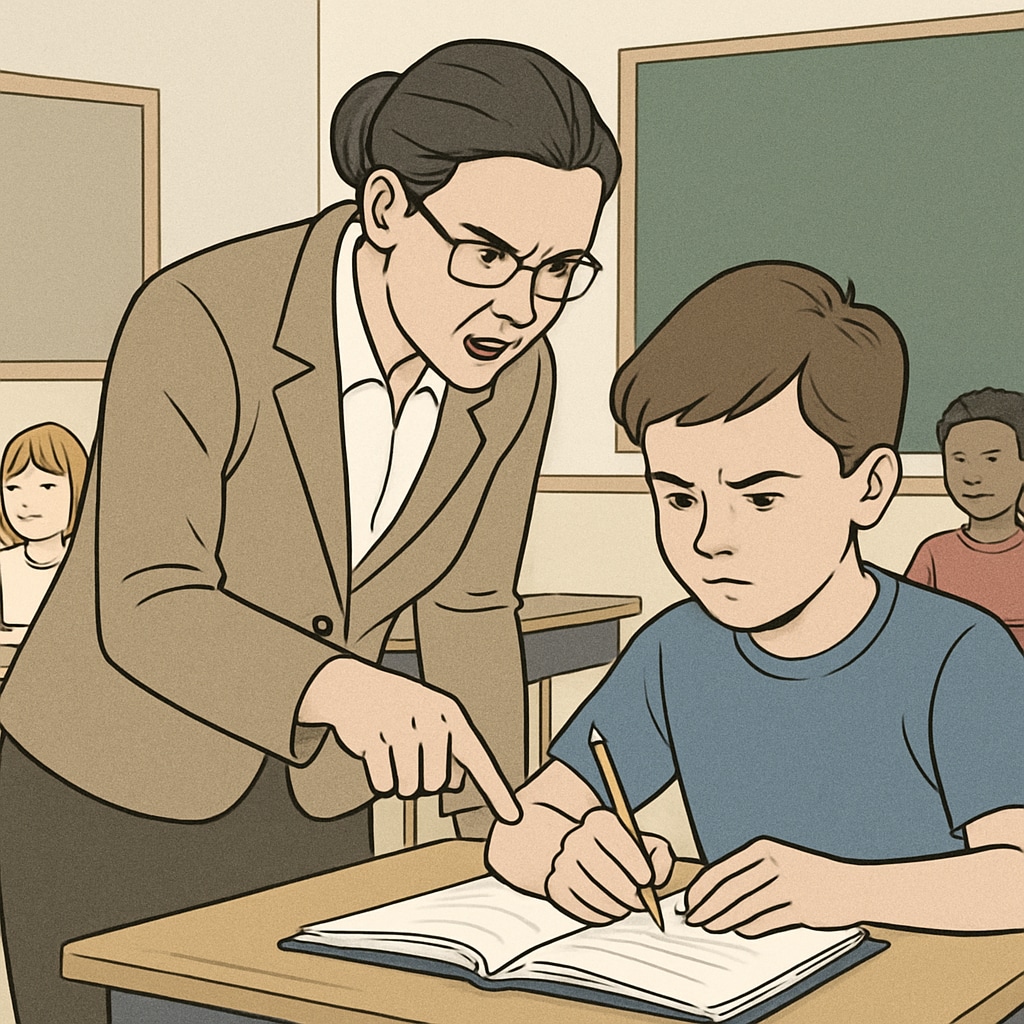The ethical balance between strict education methods and caring support is a pivotal issue in K12 education. Inspired by the intense teaching approach showcased in the movie Whiplash, educators are often faced with the challenge of motivating students to push their limits while simultaneously safeguarding their mental and emotional well-being. Striking this balance is essential to fostering both academic excellence and personal growth.
Extreme Push: Unlocking Potential or Risking Harm?
One of the most debated education methods is the use of strict, high-pressure teaching tactics to push students beyond their perceived limits. In Whiplash, the character Terence Fletcher employs relentless criticism and psychological pressure to drive his student to achieve greatness. This method, while effective in certain cases, raises significant ethical concerns.
Research shows that high-pressure environments can sometimes lead to remarkable achievements. Students may discover latent talents and develop unparalleled resilience. However, such methods can also lead to burnout, anxiety, and long-term psychological consequences. According to Britannica’s definition of education, effective teaching should not only aim for academic outcomes but also nurture the holistic development of students.

Caring Support: Promoting Growth through Empathy
On the other end of the spectrum, caring and empathetic teaching methods prioritize the psychological and emotional well-being of students. These approaches focus on creating safe spaces where learners feel supported in their journey toward growth. For example, fostering open communication, celebrating small achievements, and allowing mistakes can contribute to a student’s sense of security and motivation.
However, critics argue that excessive leniency might fail to challenge students adequately, potentially resulting in underachievement. Balancing empathy with the right level of challenge remains an ongoing discussion among educators. According to educational theory on Wikipedia, the best teaching methods combine high expectations with personalized support.

Finding the Middle Ground: Ethical Guidelines for Educators
To navigate the ethical dilemma of strictness versus empathy, educators can adopt principles that blend both approaches:
- Set clear expectations: Define achievable but challenging goals for students.
- Offer constructive feedback: Provide critique that is honest yet encouraging.
- Monitor mental health: Be vigilant about signs of stress or burnout and intervene early.
- Encourage self-reflection: Help students recognize their own progress and areas for growth.
By incorporating these strategies, teachers can aim to inspire excellence while fostering a supportive environment. Ethical teaching ensures that students not only excel academically but also develop resilience and emotional intelligence.
In conclusion, the ethical balance between strictness and caring support is vital in K12 education. While extreme methods like those depicted in Whiplash might achieve short-term results, sustainable growth requires a nuanced approach that respects the individuality and mental health of students. By blending high expectations with empathetic guidance, educators can empower students to reach their full potential.


